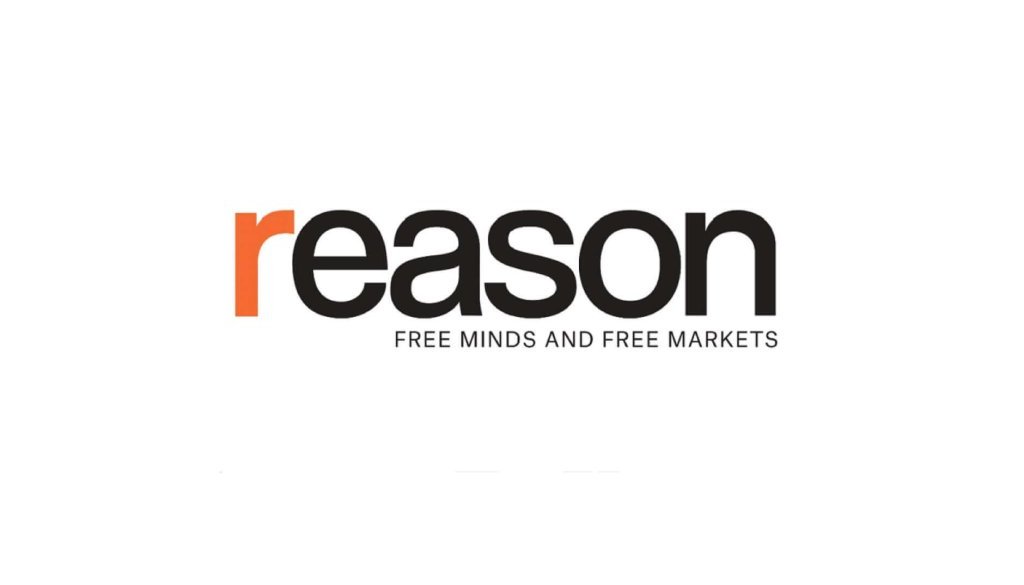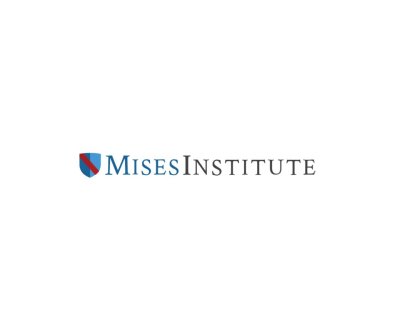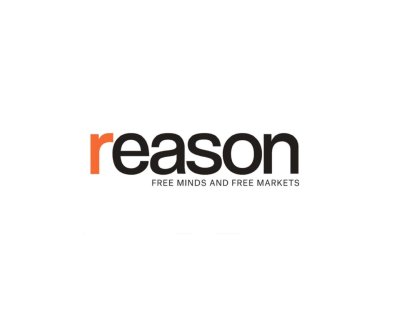Overview of the Amicus Briefs Filed in Our Tariff Case
Yesterday, the Liberty Justice Center and I filed our appellate brief VOS Selections, Inc. v. Trump, the case challenging Trump’s massive “Liberation Day” tariffs on behalf of five small businesses. We are working with Neal Katyal and Michael McConnell, both leading constitutional law scholars and appellate litigators. The case is before the US Court of Appeals for the Federal Circuit, consolidated with a related case filed by 12 state governments, led by Oregon. We are defending a unanimous ruling in our favor by the US Court of International Trade. The key issue, as before, is that the government claims the International Emergency Economic Powers Act of 1977 (IEEPA) grants the president unlimited power to impose tariffs on any nation, in any amount, for any reason, for any length of time. We contend IEEPA grants no such authority, and if it did it would be an unconstitutional delegation of legislative power to the executive.
Yesterday was also the deadline for amicus briefs filed in support of our side. This post is an overview of some of the most notable ones. The bottom line is that rarely has a case attracted such a broad and impressive range of amici from across the political spectrum, and different sectors of the economy and civil society. Many of the briefs also make important points. By contrast, there are only two amicus briefs supporting the government, both filed by divisions of Stephen Miller’s right-wing nationalist America First organization.
There are a total of eighteen briefs backing our position, so I can only comment on a few aspects of them. I have included links, so interested readers can get more detail from the briefs themselves.
Advancing American Freedom, et al.: AAF is a conservative organization founded by former Vice President Mike Pence. Together with them on the brief are several other consevative and libertarian groups, including the Independent Institute and the Mountain States Policy Center. The brief focuses on why the government’s interpretation of IEEPA violates constitutional nondelegation constraints on the transfer of legislative power to the executive. It is particularly strong on the original meaning.
George Allen, et al.: This brief is on behalf of a bipartisan group of prominent legal scholars and former government officials. The legal scholars include Harold Koh (Yale), Richard Epstein (NYU), Alan Sykes (Stanford), and Gerard Magliocca (Univ. of Indiana). Epstein is probably the world’s most prominent libertarian legal academic, while Koh is a prominent left-liberal scholar known for his work on national security law. There are few, if any, other constitutional cases where both of them join the same amicus brief! The ex-government officials former Republican Attorney General Michael Mukasey, former GOP Virginia Governor and Senator George Allen, former Senator and Secretary of Defense Charles Hagel, and more. The brief especially focuses on the argument that IEEPA doesn’t authorize tariffs, and that there is no genuine “emergency” here.
Brennan Center for Justice (NYU): The Brennan Center is a leading left-liberal research institute focusing legal issues. Among the co-authors is Elizabeth Goitein and Katherine Yon Ebright. Goitein is one of the nation’s leading experts on emergency powers, and the brief gives a compelling explanation of why trade deficits do not qualify as an “emergency” or an “unusual and extraordinary threat” (both are necessary to invoke IEEPA). For those keeping track, Goitein also opposed President Biden’s abuse of emergency powers in the student loan case, as did I.
Burlap and Barrel: This brief is on behalf of one the many thousands o
Article from Reason.com

The Reason Magazine website is a go-to destination for libertarians seeking cogent analysis, investigative reporting, and thought-provoking commentary. Championing the principles of individual freedom, limited government, and free markets, the site offers a diverse range of articles, videos, and podcasts that challenge conventional wisdom and advocate for libertarian solutions. Whether you’re interested in politics, culture, or technology, Reason provides a unique lens that prioritizes liberty and rational discourse. It’s an essential resource for those who value critical thinking and nuanced debate in the pursuit of a freer society.




